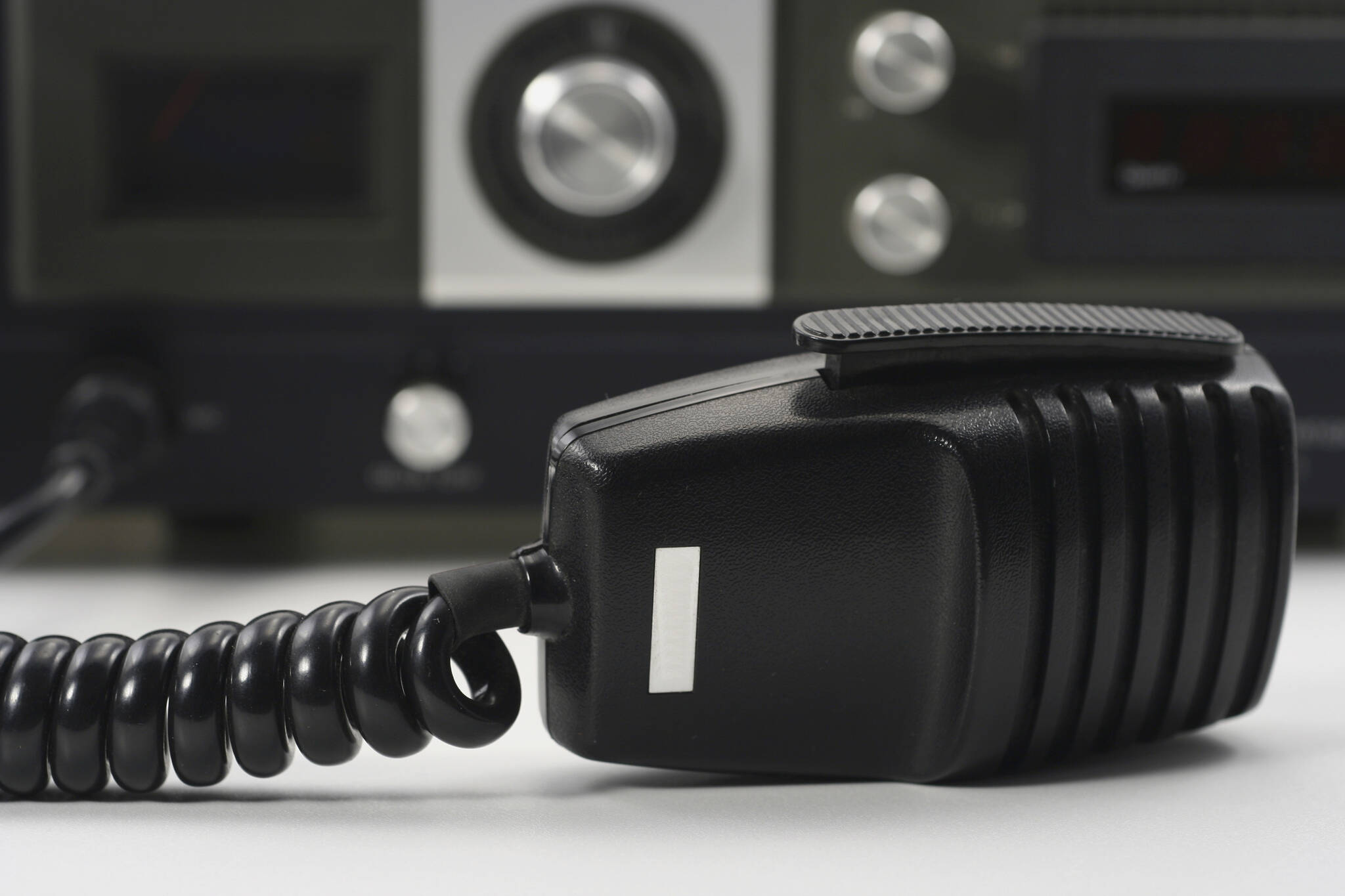Submitted by Gregory Hancock.
Do you love science and electronics or just like learning new things? Are you interested in a new hobby that is both technical and social? Or have you been thinking about how you can help the community in a major disaster, like a cyberattack on our power grid or a Cascadia Subduction Zone mega-quake? Consider getting an amateur radio license – it’s a way to stretch your mind while helping your community and connecting with interesting people.
An amateur radio license, which one obtains from the Federal Communications Commission by taking a short, proctored examination, provides access to radio frequencies dedicated to amateur use. In addition to getting you on the air, the license really opens the door to experiment with and understand radio technology, a fascinating and broad subject with crossover into many related fields like space, electronics, computers, alternative power, audio, fabrication, and disaster response.
The San Juan County Amateur Radio Society will be hosting a free amateur radio (“ham radio”) license exam on Saturday, October 29 at the Orcas Senior Center. All ages welcome! For more information, call 360-375-7144. This is the first amateur radio license exam to be held on Orcas in several years, so don’t miss the opportunity!
At-home study materials are available at http://www.arrl.org/studying-for-a-technician-license.
Local amateur radio operator Greg Hancock will be giving an optional “Introduction to Amateur Radio” talk via Zoom on Sept. 13 at 19:00 Pacific. If there is interest, there will be a test prep class in the following weeks. Call for info.
Amateur radio is a fun and interesting hobby for anyone with curiosity about science and a desire to help the community by providing communications if all else fails. And we need more licensed operators to properly staff our local disaster activation points. Radio operators use ham radio between our islands, across the oceans, or even into space, all without the Internet or cell phones, and often without the power grid. Morse code proficiency is no longer required, but it is still in use by some and is an enjoyable new skill to pick up if you are interested.
Mr. Hancock, a licensed amateur radio operator since 2006, enjoys participating in amateur radio events using portable, minimalist equipment, and he regularly trains to provide county-wide and state-wide communications following a major disaster. Building on knowledge he gained through amateur radio, Mr. Hancock’s professional work currently keeps him occupied designing wireless devices for the smart grid industry.



